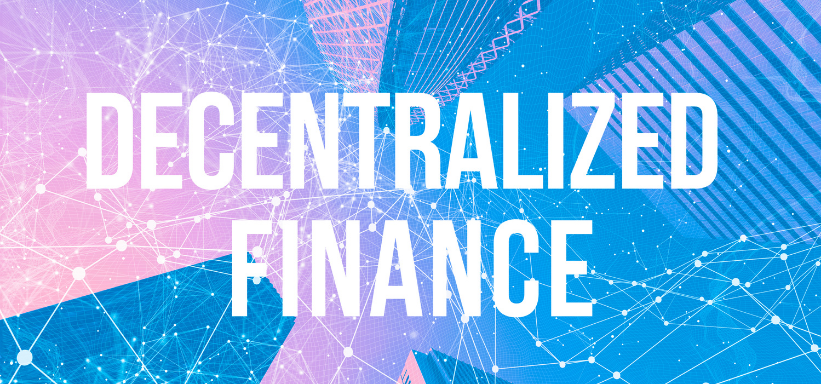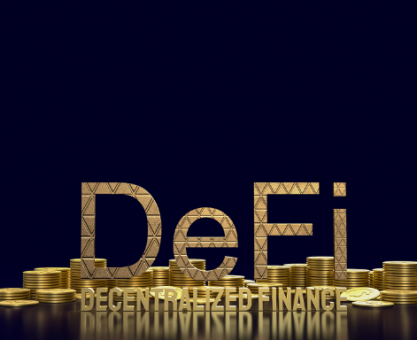Executive Summary
-
Decentralized Finance (DeFi) is revolutionizing access to financial services for unbanked populations.
-
Key benefits include financial inclusion, lower transaction costs, and increased privacy.
-
Challenges include regulatory uncertainty, technological barriers, and cybersecurity risks.
-
This article explores how DeFi solutions are providing real-world benefits and the steps to leverage these innovative platforms.
Introduction
In today’s digital age, financial inclusion remains a significant challenge. Approximately 1.7 billion people worldwide are unbanked, lacking access to traditional financial services. This gap not only hinders economic growth but also exacerbates inequality. Decentralized Finance (DeFi) emerges as a potential game-changer by offering innovative financial solutions that transcend the limitations of traditional banking systems. This article delves into how DeFi is empowering unbanked populations, highlighting its benefits and addressing the challenges it faces.
Definitions / Context
Decentralized Finance, or DeFi, refers to a financial ecosystem built on blockchain technology that operates without intermediaries like banks or financial institutions. By leveraging smart contracts and cryptocurrencies, DeFi platforms enable users to engage in a variety of financial activities such as lending, borrowing, and trading in a decentralized manner. This setup offers transparency, accessibility, and security, making it an attractive option for those excluded from conventional banking.
Benefits / Pros
-
Financial Inclusion: DeFi provides access to financial services for individuals in regions with limited or no banking infrastructure.
-
Lower Transaction Costs: By eliminating intermediaries, DeFi reduces fees associated with traditional banking.
-
Enhanced Privacy and Security: Blockchain technology ensures secure transactions and preserves user anonymity.
-
Global Accessibility: With just an internet connection and a smartphone, users can access DeFi platforms from anywhere in the world.
Risks / Cons / Challenges
-
Regulatory Uncertainty: The evolving legal landscape poses challenges for DeFi adoption and operation.
-
Technological Barriers: Limited internet access and technology literacy can hinder participation in DeFi.
-
Cybersecurity Risks: The decentralized nature of DeFi makes it susceptible to hacks and fraud.
-
Volatility of Cryptocurrencies: Price fluctuations in cryptocurrencies can impact the stability of DeFi platforms.
Step-by-Step Process
How to Get Started with DeFi:
-
Research and Choose a Platform: Identify a reputable DeFi platform based on your needs.
-
Set Up a Digital Wallet: Create a wallet compatible with the chosen platform to store digital assets.
-
Purchase Cryptocurrency: Use an exchange to buy cryptocurrency for transactions on the DeFi platform.
-
Engage in a DeFi Activity: Participate in lending, borrowing, or trading activities as per your financial goals.
Consider the case of a rural farmer in Kenya who lacked access to credit for expanding his operations. By using a DeFi lending platform, he secured a micro-loan in cryptocurrency, enabling him to purchase seeds and equipment. This access to finance not only improved his productivity but also enhanced his livelihood, illustrating the transformative potential of DeFi.
Case Study: Rural Farmer in Kenya
Expert Tips / Strategic Insights
-
Diversify Platforms: To mitigate risks, consider using multiple DeFi platforms.
-
Stay Informed: Keep abreast of regulatory changes that may impact DeFi operations.
-
Prioritize Security: Use wallets with robust security features and enable two-factor authentication.
Tools / Resources / Calculators
-
DeFi Pulse: A resource for tracking and analyzing DeFi protocols.
-
Metamask Wallet: A popular digital wallet for engaging with DeFi platforms.
-
CoinGecko: A tool for tracking cryptocurrency prices and market data.
Conclusion
Decentralized Finance is reshaping the financial landscape by providing unbanked populations with unprecedented access to financial services. While challenges persist, the benefits of DeFi—such as increased financial inclusion and reduced costs—are significant. As this sector continues to evolve, understanding and leveraging DeFi solutions will be critical for those seeking to overcome traditional banking barriers.























